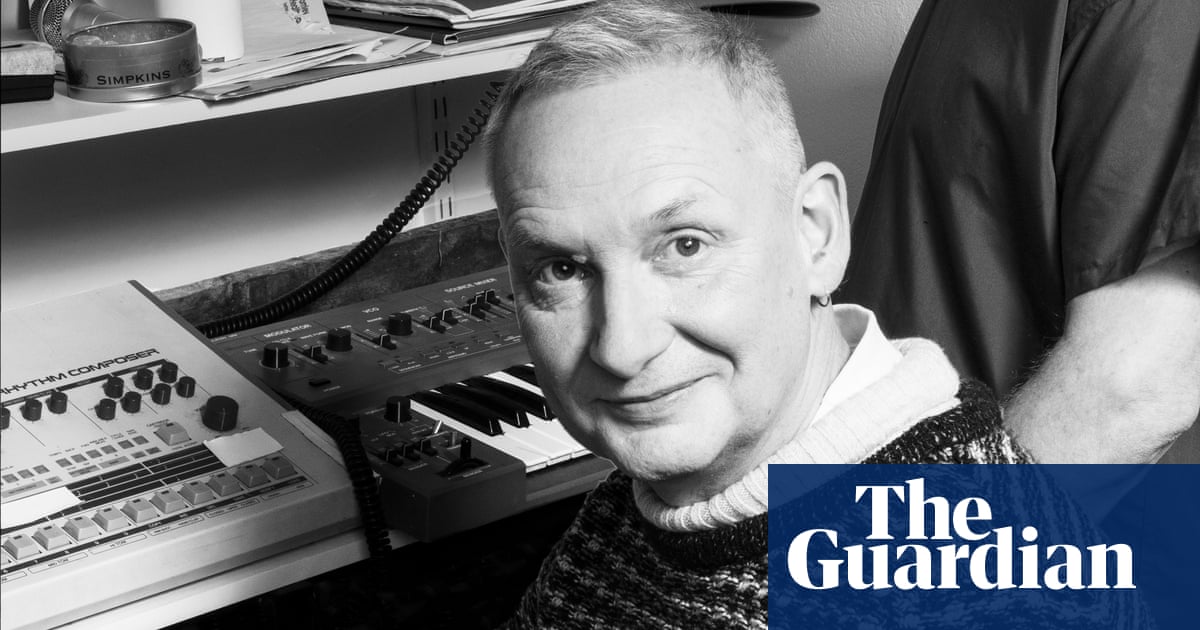
Last week, the Best Fifa Football Awards were held in London – leading one to ask when can one expect the Worst Fifa Football Awards, featuring YouTube videos of missed sitters and theatrical simulation. All the legends were there: Diego Maradona, Ronaldo (the Brazilian one), Phillip Schofield. It was the “biggest night on planet football”, as the Sky presenter said, full of “excitement, glamour and gossip”, making it sound as though it were an overblown gathering of prima donnas on the red, sorry green, carpet. Which, on reflection, is an unerringly precise summary of the occasion.
The big event of the evening, if you leave aside Kasabian’s performance, was the Best Fifa Men’s Player award, which was previously the Fifa Ballon D’Or and before that the Fifa World Player of the Year and may next year, for all we know, be called the Fifa Sepp Blatter Memorial Self‑Aggrandizement Award.
Anyway the shortlist was perfectly blameless. It featured the three players generally recognized to be the best in the world: Cristiano Ronaldo of Real Madrid, Lionel Messi of Barcelona and Neymar da Silva Santos Júnior, lately of Barcelona, now of Paris Saint‑Germain.
To no one’s surprise Ronaldo won Fifa’s award for the fifth time, equaling his great rival Messi, who finished second in the vote. Looked at in headline terms, it was probably fair. The Argentinian outscored the Portuguese and was his usual sublime self. But Ronaldo had an amazing year with Real Madrid, winning La Liga and the Champions League.
Afterwards it emerged that the England manager, Gareth Southgate, did not include Messi in his top three. There is no accounting for subjective opinion. But still, Messi not in the top three! What was he thinking? Was it that arguably the world’s greatest ever player was not really doing it for him any more? Or did he feel the 54 goals he scored and the 16 assists he made were a case of could have done better?
Only the man whose footballing expertise has guided England past the mighty Malta and the lofty Lithuania can answer those questions. But it would be rather as if Leon Smith, Great Britain’s Davis Cup coach, had voted on the best three tennis players of 2017 and did not include Roger Federer among them. The single difference is that tennis is a game of individuals and football is not. And looking at the players Southgate picked in Messi’s place – Luca Modric and Toni Kroos – lends itself to the possibility that the England coach was making this point.
Modric and Kroos are Ronaldo’s Madrid team-mates. They play in midfield and create the opportunities that Ronaldo so frequently turns into goals. So perhaps Southgate was trying to convey the fact that football is a team game and that even a player of Ronaldo’s talents is dependent on others.
If so, it is a subtle argument that does not quite transmit in the crude winner-takes-all competition of individual awards – so subtle, in fact, that one can be sure it would be lost on Ronaldo, a man of such transporting narcissism that he seems to produce children as vanity projects – his Mini Me seven-year-old son was seated next to him at the awards.
For Ronaldo is not a natural team player. One can see that in his gestures and reactions when a team‑mate fails to pass to him or misses a shot at goal. He is a pantomime of exasperation, arms thrown up in the air, his face a portrait of disdain, as though a bumbling assistant had just destroyed a great artist’s masterwork.
As well as sporting performance, the award is supposed to recognize the general conduct of the player on and off the pitch. Leaving aside his melodramatic response to human failing, the question to ask about Ronaldo is whether he brings out the best in his team-mates.
Southgate chose Modric and Kroos, two players who help make Ronaldo look as good as he can be. But what of his fellow forwards, Gareth Bale and Karim Benzema? Have they flourished alongside him or do they often appear diminished by his preening antics, undermined by his demanding presence? Do they shrink in the shadow of the great man?
Contrast the way Luis Suárez and Neymar excelled alongside Messi at Barcelona. No one doubted that Messi was the most talented of the three but they attacked as a unit and shared the glory and the plaudits.
It’s hard to make a case for collectivism, much less egalitarianism, in a sport where astronomical sums are paid to the best. For all their claims about being more than a club, Barcelona are not shy about buying their way to success. But at least Messi has the humility to present a sense of all-for-one, one-for-all camaraderie, even if the team is built around him.
With Ronaldo only one side of that equation seems to operate. It is all for one, all for him. He has to be the lone star, the marquee name with a supporting cast way down in the below‑the-title credits. That is not to say he is anything less than supremely gifted and relentlessly motivated. And for these qualities he is justly celebrated. But he has a blind spot and it encompasses the rest of the world.
It was almost touching to see how pleased Ronaldo was to be given the Best Fifa Men’s Player award. After a cursory mention of his team-mates he noted he had won in consecutive years and that he had “fans all over the world”. He was right on both counts. Or at least he was factually accurate. But he was tonally all wrong at the podium, just as he is temperamentally unappealing on the pitch. The night, as far as he was concerned, was all about him.
I wonder what Modric and Kroos made of it. Perhaps they are sufficiently grounded to know that life on planet football tends to favor egomaniacs. Or maybe they were just pleased to get into Southgate’s top three.The Guardian Sport












